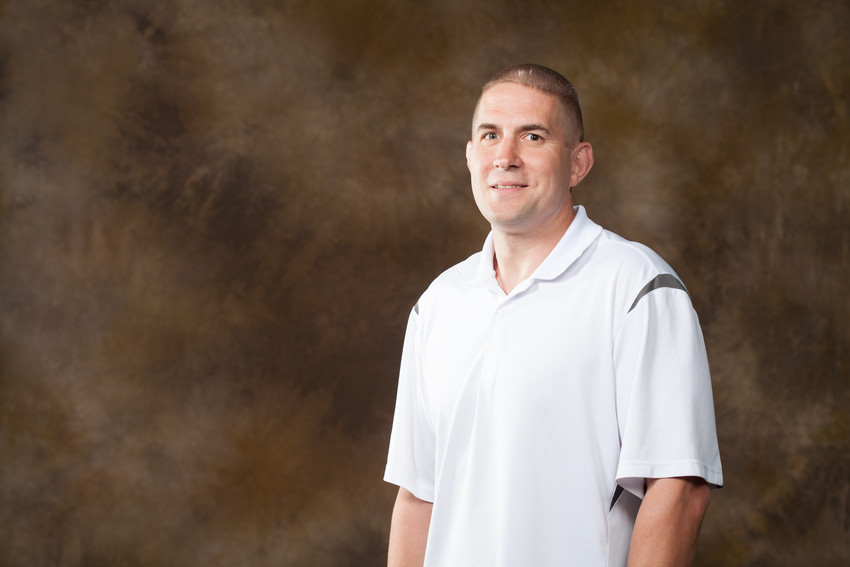Theoretical computer science is at the center of research for Matthew Patitz, a new assistant professor in the department of computer science and computer engineering. Self-assembly is what happens automatically in nature and Patitz and his colleagues make models in the lab to push the limits of what is possible.
There are many examples in the natural world of both living and non-living systems in which large numbers of small, autonomous pieces form systems that are extremely complex without any centralized control and from simple sets of rules.
His research deals with models of self-assembling DNA 'tiles' and their ability to self-assemble intricate structures and to perform computations. He is currently researching self-assembling and self-organizing systems which display complexity arising from simple components and local interactions.
By studying existing systems and designing novel ones, Patitz hopes to illuminate fundamental properties of such systems which give rise to their complex behavior, including life. Additionally, the creation of complex artificial systems, which self-assemble and self-organize, could help to revolutionize many areas of technology, enabling wonders such as atomically precise manufacturing and nanoscale medical devices.
Patitz holds a doctorate., an M.S. and B.S. in computer science from Iowa State University. He comes to the University of Arkansas from the University of Texas—Pan American, where he was an assistant professor of computer science. He has authored a number of publications in the field of self-assembly, and he has developed several software packages to support research in this area. He is also the primary investigator on a grant from the National Science Foundation, “Explorations of Theoretical Models of Self-Assembly”.
Contacts
Jennifer Sims,
Computer Science and Computer Engineering
479-575-6197, camillam@uark.edu
